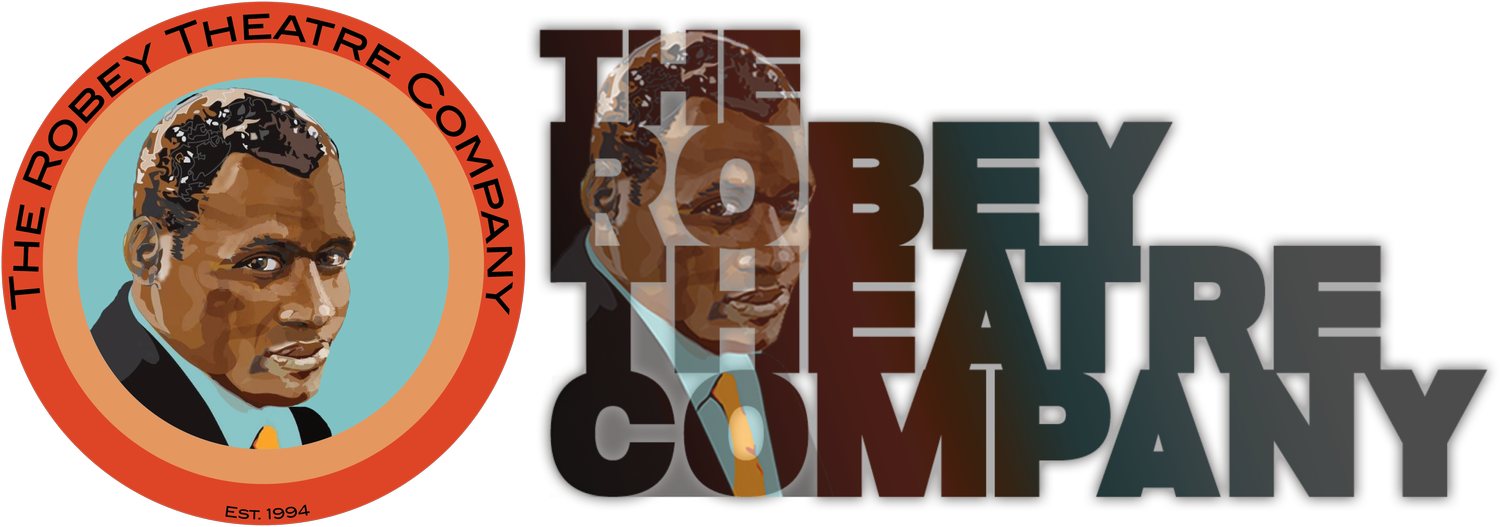Paul Robeson
Paul Leroy Robeson “Robey” (April 9, 1898 – January 23, 1976) was an American bass-baritone concert artist, stage and film actor, professional football player, and activist who became famous both for his cultural accomplishments and for his political stances.
Robeson was born in 1898 in Princeton, New Jersey. His father was a runaway enslaved person and served as a Presbyterian minister, while his mother came from a respected Philadelphian family. In 1915, when Robeson was only seventeen, he won an academic scholarship to Rutgers College in New Brunswick, New Jersey, where he was one of three African-American students. While at Rutgers, he was twice named a consensus All-American in football and was elected class valedictorian. He earned his LL.B. from Columbia Law School while playing in the American Professional Football League. However, within his first few years in the legal field, he received racist remarks, leading to his transition to the entertainment industry. In the early 1920s, his performances in Eugene O'Neill's The Emperor Jones and All God's Chillun Got Wings received acclaim, kickstarting his career.
Throughout the 1920s and 1930s, Robeson appeared in many onstage and onscreen roles. His stage performances include the London production of Show Boat and Broadway’s Othello, the latter of which became the longest-running Shakespearean production on Broadway of all time, running for nearly three hundred performances. His screen appearances included the film version of Show Boat, Song of Freedom, as well as a remake of The Emperor Jones. He also became a renowned singer, with his performances of “Ol’ Man River” from Show Boat setting the standard for all future actors in the role. His wife, Eslanda “Essie” Robeson, changed careers during this time from working at the New York City Presbyterian Hospital (where she was the first Black woman hired) to becoming Robeson’s full-time manager. In 1930, the two even starred in the film Borderline together. Robeson quickly became one of the best-paid performers in the country.
His career shifted when he turned to activism, speaking out against fascism and racism domestically and abroad. His anti-colonialist and Black nationalist rhetoric caught the attention of many who respected his position, including W.E.B. Du Bois, Eleanor Roosevelt, and Harry Truman; however, his speech concerned many conservatives as well. Senator Joseph McCarthy honed in on Robeson, painting him as anti-American. In 1950, his passport privileges were revoked, stifling his international and domestic career. When he could no longer travel, record labels did not want to record his music, and many of his concerts were canceled. He continued to be hounded about his politics, being brought before the House Un-American Activities Committee in 1956 with questions regarding his ties to Communism, to which he did not answer straightforwardly. His passport was finally reinstated in 1958 in the Supreme Court case Kent v. Dulles.
The attack on his personhood, as well as the loss of international travel, took a toll on Robeson and his career. He did travel out of the country after his passport privileges were granted to him, but he eventually decided to live outside of the public eye in the 1960s. He spent the rest of his days with his sister Marian in Philadelphia until he died in 1976.



